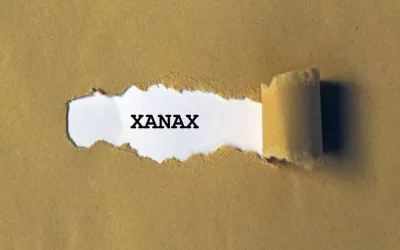Non-AA Recovery Groups: 5 Alternatives to Alcoholics Anonymous
Had I not been halfway around the world, in a different time zone and with spotty internet access, I definitely would have checked in with program friends. Of all the things I learned from AA, one thing I know for sure is that drinking and me don’t mix. Experts recommend that people participate in at least thirty minutes of moderate exercise every day. If you are in recovery or are going to be in recovery, AA (Alcoholics Anonymous) is one of the options you can use. Burroughs thought he was managing to keep it all together as a suit-wearing, hard-partying Manhattanite until he landed in rehab at the bequest of his employers.

What Is Sobriety?
Michael Pond has treated people with addiction for years as a psychotherapist but finds himself homeless, broke and alone when he succumbs to his own battle with alcohol use disorder. Raw and real, Pond’s bok shows how he uncovers a new path to recovery outside the traditional abstinence-based programs with the help of his partner, Maureen Palmer. The result is a new, science-based approach to treating and managing addiction. What type of treatment you need depends on several factors, including the severity of your addiction.
- One of the strengths of AA is that it provides a community of people facing a similar challenge, and gives you access to others further along in the process.
- Having a chaotic or disorganized lifestyle can also hinder your recovery.
- It’s important to surround yourself with positive influences and seek help when needed.
- People with the variant tend to drink very little or not at all.
- There are many alternatives to AA listed in the table and described below.
Find a Treatment Program That’s Right for You
Some people may find that wearable devices and smartphone apps can support their recovery from alcohol use disorder. Biosensors monitor physical changes, detect alcohol use, and identify relapse risk. Studies suggest digital health options can improve access to care for some of the 15 million people experiencing alcohol use disorder each year. Sobriety can be a particularly challenging pursuit for someone with an addiction like alcohol use disorder. Self-help techniques for staying sober without AA include mindfulness practices, exercise, healthy eating, journaling, and finding new hobbies.
Step 2: Reach Out
Below are fifteen incredible books by drinkers who battled alcohol addiction and lived to tell the tale. Tragic, inspiring, humorous and heart-wrenching—these true accounts of the struggle for sobriety will move you and maybe inspire you to see what the sober life is all about. Providing these alternatives would essentially getting sober without aa move addiction treatment closer to other kinds of medical problems. As Keith Humphreys, a drug policy expert at Stanford University, previously told me, “We don’t have anything that works for everybody. There’s very few places in medicine where you do.” So there need to be as many alternatives as possible.
Alternatives to AA
A 2018 study found that MI can have a positive effect on people with AUD, including increasing their self-esteem (7). These are impressive numbers that speak to the tremendous good AA does. But, if this study is typical, AA doesn’t help more than 75% of people who try it. That’s likely millions of people — and might very well include you.
- The best way forward for your recovery from alcohol or substance use is to incorporate a wide variety of strategies that will help foster success.
- As explained in a study from the Journal of Substance Abuse Treatment, even something as simple as a motivational texting program can better your chances of avoiding relapse.
- Additionally, make sure you have a support system in place.
Alcohol Use Disorder: What It Is, Risks & Treatment – Cleveland Clinic
Alcohol Use Disorder: What It Is, Risks & Treatment.
Posted: Wed, 02 Jun 2021 07:00:00 GMT [source]

Add Comment